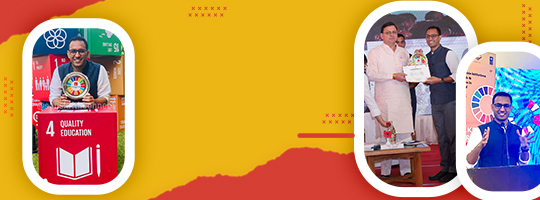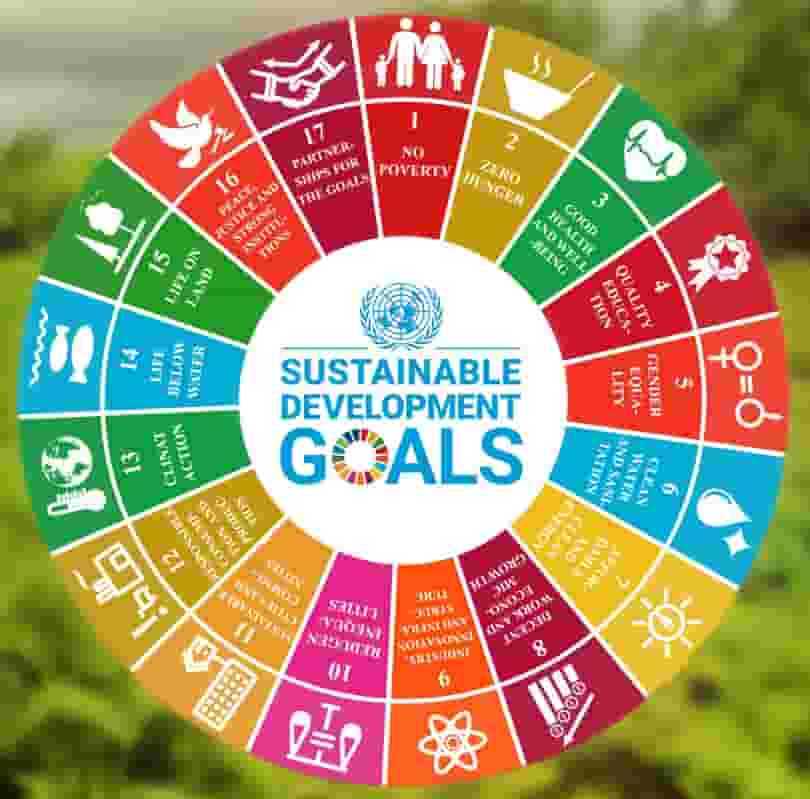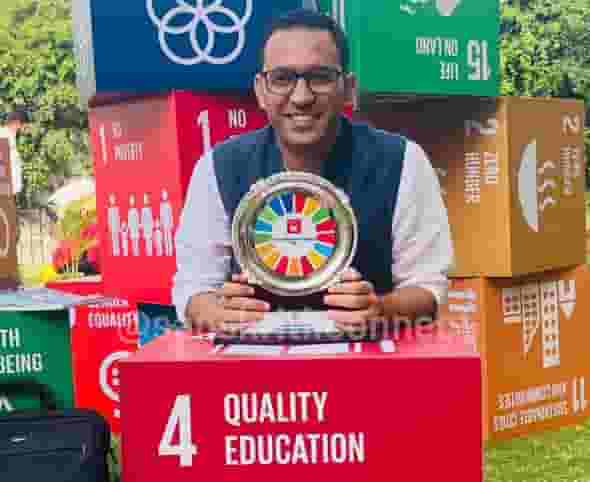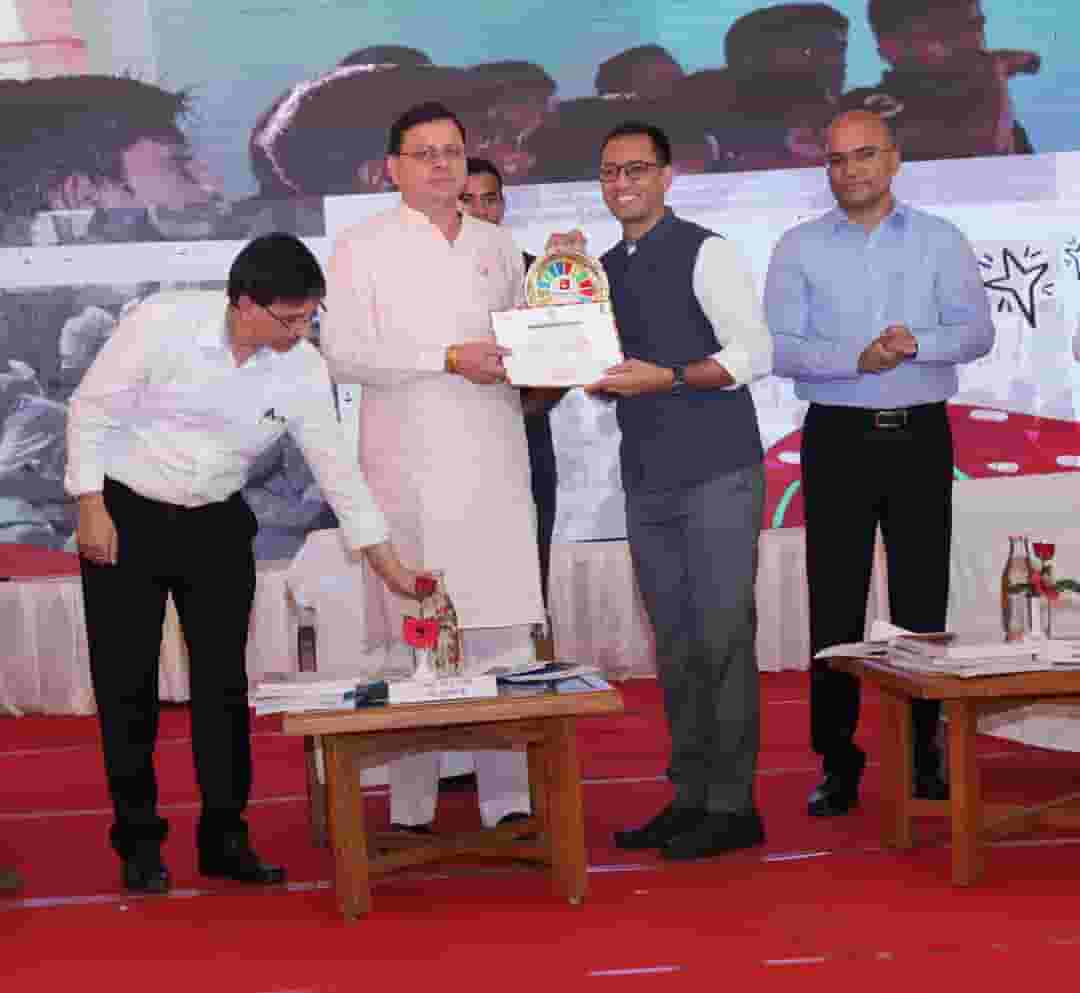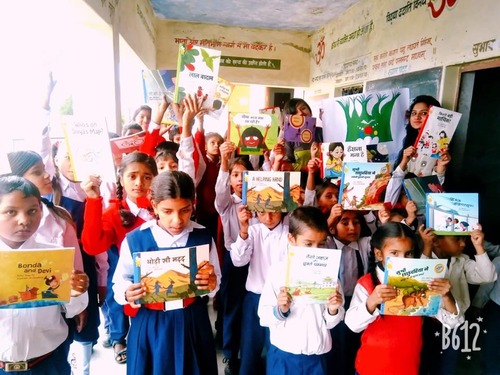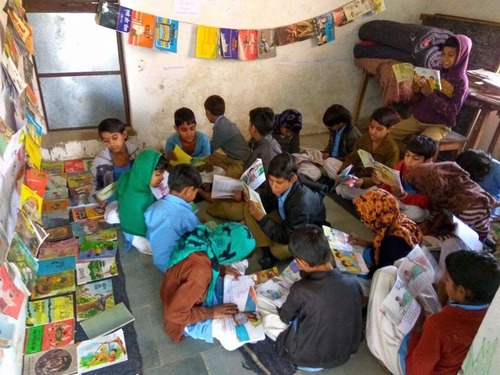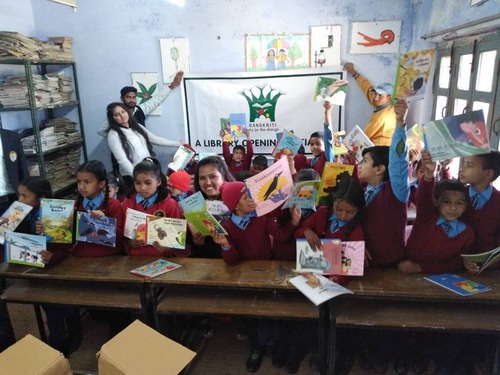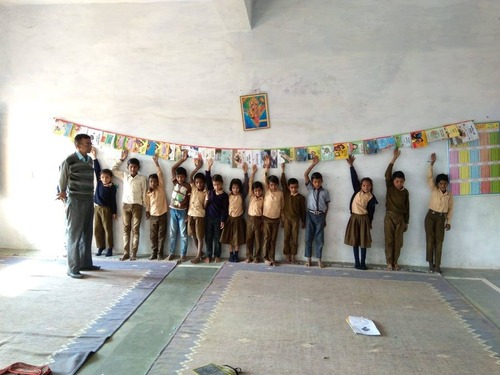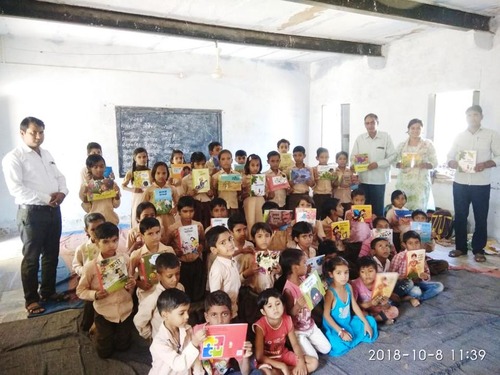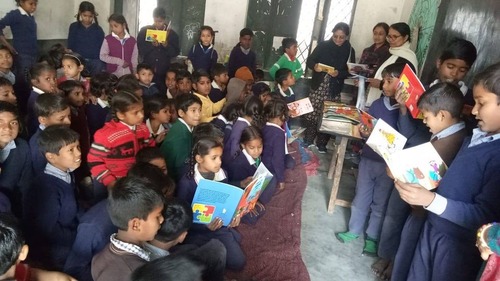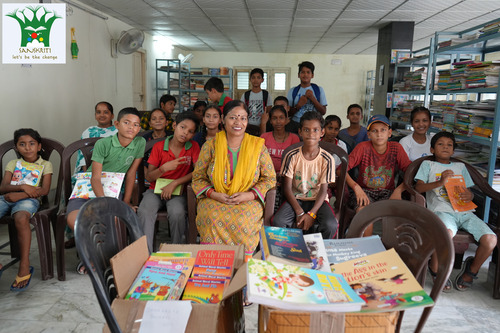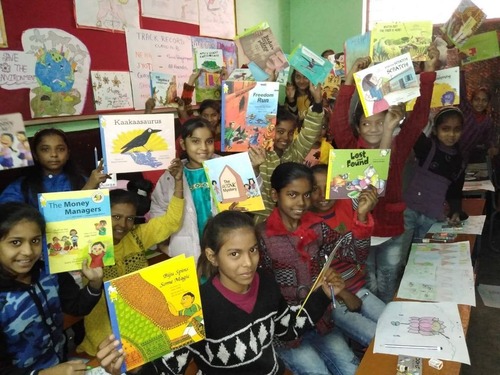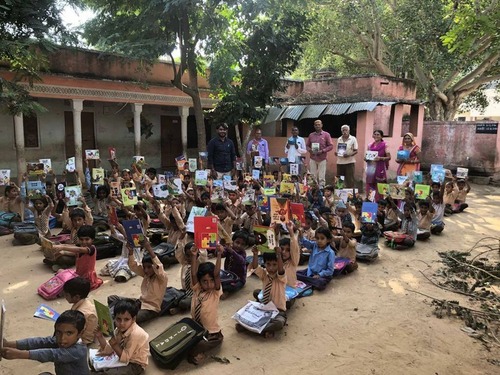Sustainable Development Goal 4 (SDG 4) underscores the transformative power of education in the context of sustainable development. It acknowledges that education is not just a basic human right but a potent tool for addressing numerous societal issues and fostering positive change. By promoting inclusive and equitable quality education, SDG 4 aims to uplift individuals and communities, break the cycle of poverty, stimulate economic growth, promote gender equality, and tackle various global challenges. The goal is to create a world where everyone, irrespective of their background or circumstances, has access to high-quality education and lifelong learning opportunities, empowering them to lead better lives and contribute to a sustainable future.
From last 15 years Sanskriti is contributing by opening free libraries across India to provide education to the underprivileged. We have opened 100+ libraries and now we are focusing on our Mission 1000 free libraries across the Nation.
We have opened 32 libraries, particularly in hilly regions in Uttarakhand itself. These libraries serve as valuable resources for children in remote and less accessible areas, where educational opportunities may be limited. By providing access to books and learning materials, we are not only promoting literacy but also empowering these children with the tools they need for a brighter future. These libraries can play a pivotal role in bridging the educational gap and creating opportunities for children to explore, learn, and grow.
In addition to our libraries, we have established a learning center for children in Lower Kandoli, Dehradun, Uttarakhand, with a focus on holistic growth. Learning centers that promote holistic development are incredibly valuable for children's overall well-being and education. Such centers typically offer a well-rounded approach to learning that goes beyond traditional academic subjects and includes personal, social, and emotional development.

